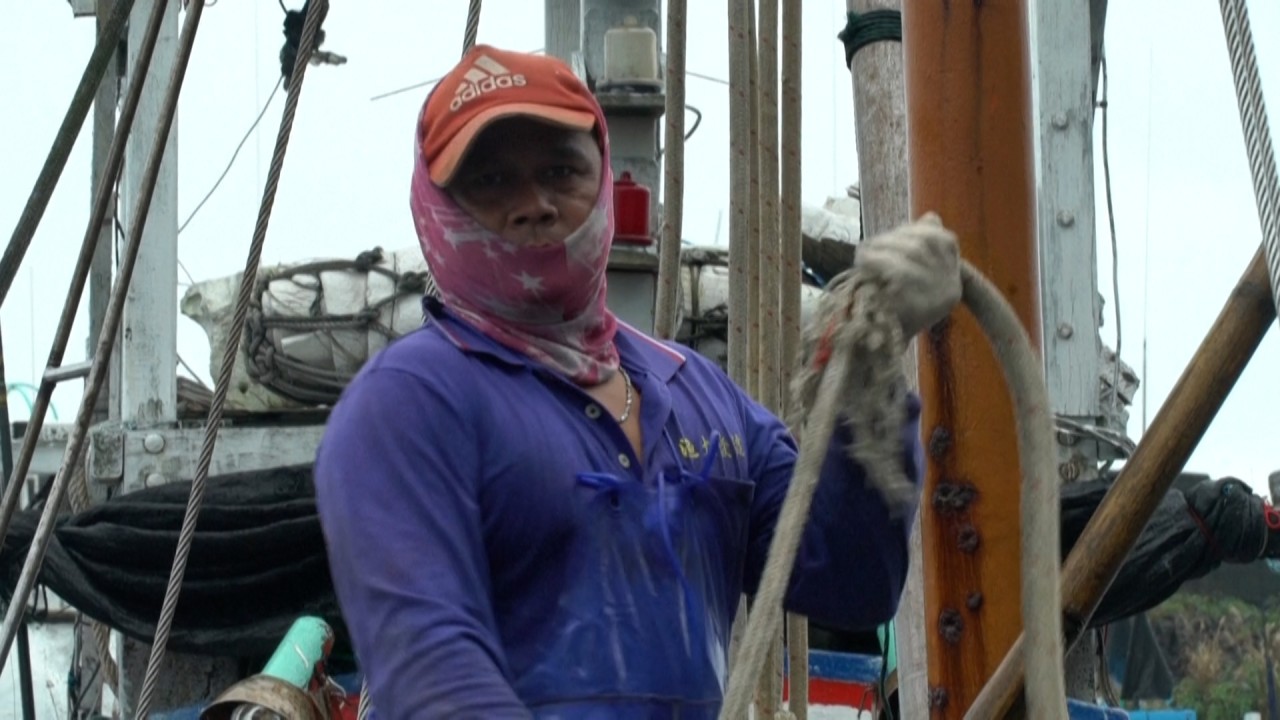
Taiwan’s #MeToo scandals are the tip of an iceberg of human rights problems
- While Taiwan is held up as a regional beacon of human rights, a wave of #MeToo allegations might be a truer reflection of problems on the ground
- Besides women, migrant workers and foreign students in Taiwan also have suffered discriminatory treatment
This soon snowballed into over 140 accusations against local politicians, celebrities and professors, as well as rights activists from the mainland. The accusers were not just women but also men, including one who was in his teens at the time of the encounter.
The DPP saw its credibility severely tarnished after it transpired that several allegations had initially been dismissed when reported internally. As a result, party officials have had to step down, while an adviser to President Tsai Ing-wen resigned and an electoral candidate quit the race after being accused of sexual harassment themselves.
Yet none of this is entirely new, as the DPP government has been troubled by several scandals in recent years.
In 2021, high-profile DPP legislator Kao Chia-yu publicly admitted she had been battered by her then boyfriend and even held against her will after the attack. Kao had kept the abuse secret for weeks before a local magazine reported it. It was said that senior DPP figures had known of the matter because Kao was uncontactable for days. The boyfriend, meanwhile, reportedly had DPP connections.
In another case of violence against a female politician, a Taipei city council candidate suffered a serious head injury when she was attacked by a man in the lead-up to last year’s local elections.
Furthermore, in February this year, a cabinet spokesman stepped down following allegations that he had offered favours for sex years ago as a Tainan city official. A Presidential Office spokesman resigned in 2020, amid allegations of improper and coercive behaviour towards a partner when he was serving as a Kaohsiung city official.

In January, a Vietnamese migrant worker was beaten to death outside his dorm in Pingtung county by Taiwanese men. The suspects were said to have been pursuing two other Vietnamese workers whom they believed had been talking about them in a restaurant.
In recent years, there have also been several instances of foreign university students being made to do arduous manual jobs as part of their internships. Some of these students are from developing countries such as Uganda, Sri Lanka and the Philippines.
Unfortunately, the DPP government seems content to bask in the attention of foreign media and politicians. It promotes Taiwan as a bastion of human rights and freedom, but seems disinterested in dealing with serious problems.
Until Taiwan curbs the widespread discriminatory or abusive treatment of women, migrant workers, foreign students and immigrants, its image as a human rights bastion is undeserved.
Hilton Yip is a journalist and editor based in Taiwan


